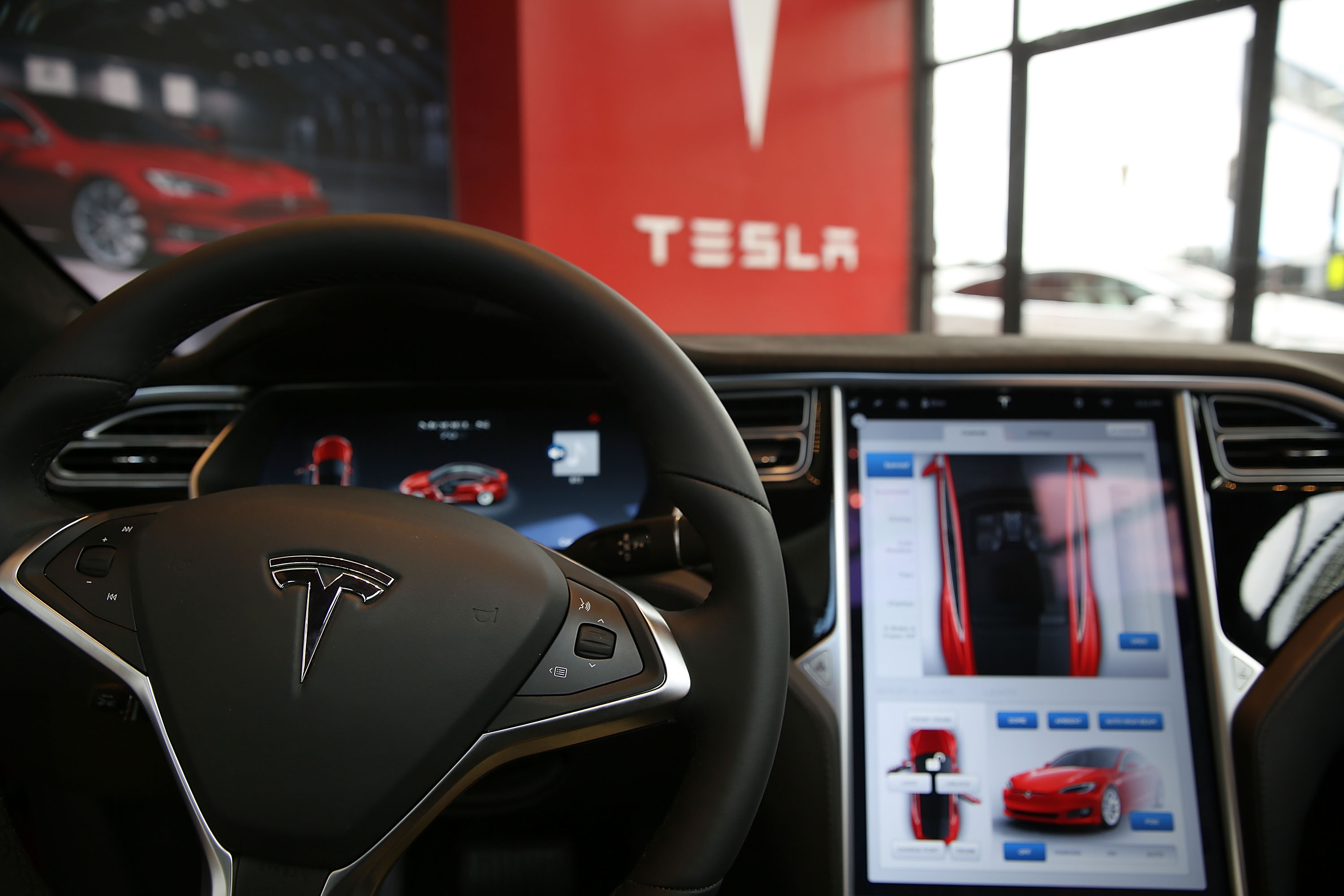Tesla recalls 130,000 vehicles over a touchscreen malfunction, that was caused by an overheating issue. This was announced by the National Highway Traffic Safety Administration (NHTSA). The recall has Tesla Model X and S from 2021 and 2022 and also Model 3 and Y from 2022. The over-the-air software update is expected to resolve the issue, according to NHTSA.

The infotainment system’s CPU overheating could lead to no display on the center screen. The images from the rearview camera, warnings, and other features would not be visible. Tesla said that it was aware of 59 warranty claims and also 59 field reports they have received since January. The issues have been reported, but no crashes or injuries were known to have occurred.
In April, around 48,000 Model 3 Performance vehicles were recalled in the US. It was the issue where the vehicle may not have displayed the speedometer when in “Track Mode”. Earlier the automaker issued various recalls. In March the recall was for 947 vehicles on camera-related issues. It was because the rearview image may not be visible immediately as the driver begins to reverse. Then, in December the recall was for 356,309 vehicles for the 2017-2020 model 3 vehicles resolving the rearview camera issues.
The display issue
Considering that a lagging or blank center display may cause the rearview camera display, windshield visibility control settings, and drive modes to be unavailable, the issue may result in an increased risk of a collision. Tesla, however, stated that it is currently not aware of any crashes or injuries related to the issue.
Similar to its other recalls, Tesla would be fixing the overheating infotainment system issue through an over-the-air software update. Tesla noted that it had begun deploying an OTA update that would improve the management of the CPU temperature. This should mitigate temperature elevations in the infotainment system’s CPU when the vehicle is fast-charging or preparing to fast charge.
The NHTSA report read, “During fast-charging or preparation for fast-charging, the infotainment central processing unit (“CPU”) may not cool sufficiently to prevent higher than expected temperatures, which may cause the CPU to slow processing or restart. Slower processing or restarted processing could cause the center screen display to lag or appear blank.”
In the earlier recalls, the National Highway Traffic Safety Administration said the vehicles do not comply with a federal motor vehicle safety standard and if drivers do not know how fast they are traveling it could increase the risk of a crash.












